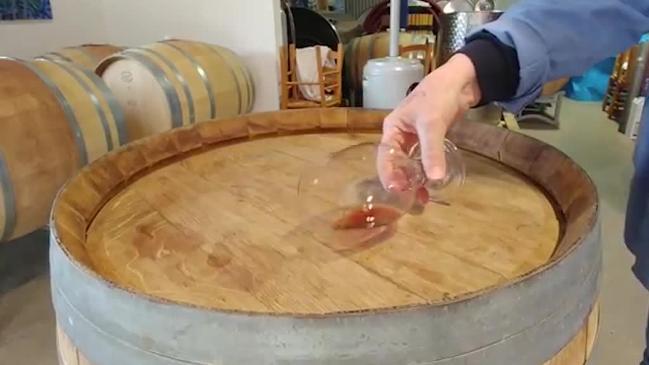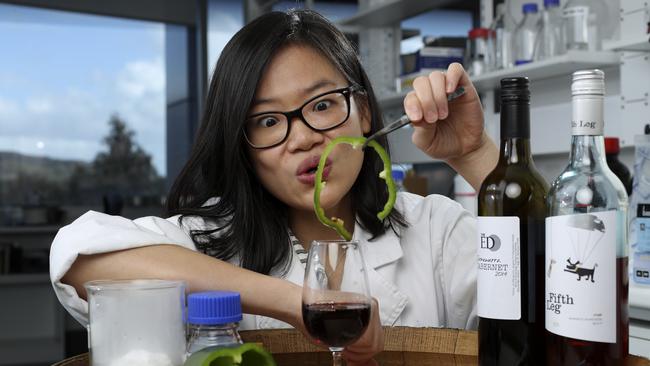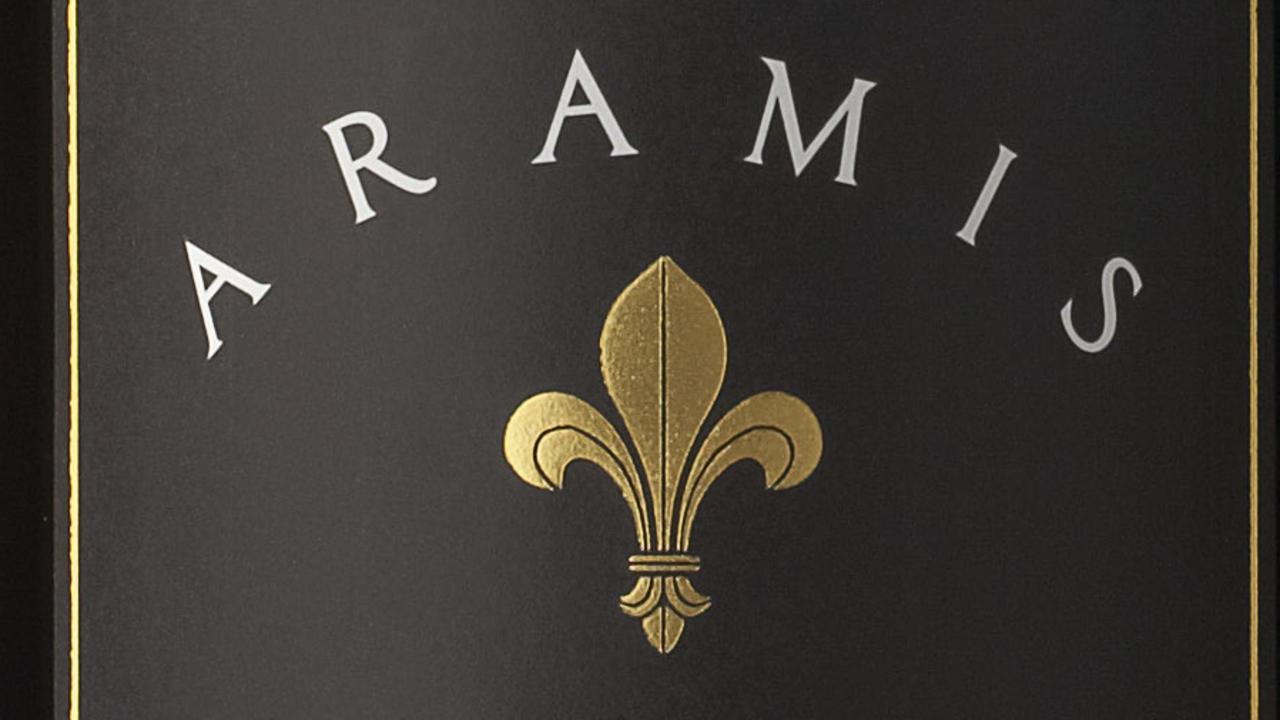Adelaide Uni researchers find magnetic nanoparticles can remove green capsicum taste from wine
EVER been disgruntled by the odd taste of capsicum in your wine? The frustrating reason is unripe grapes — but now science has the beginning of a solution.

delicious SA
Don't miss out on the headlines from delicious SA. Followed categories will be added to My News.
WHAT’S a green capsicum doing in my wine?
It’s a question on the lips of many a disgruntled winemaker or disappointed consumer when their drop tastes or smells like a freshly cut bell pepper, a sign of unripened grapes.
Now science has a solution, but it’s up to industry to bring the research to fruition.
University of Adelaide PhD candidate Chen Liang enjoyed finding a new way to remove off-flavours from wine, using magnetic nanoparticles on polymers to sop up nasties.
“I’m happy to study and do research on a novel technology like nanoparticles and the magnetic thing is exciting and challenging,” she said.
“I like these new ideas and challenges, but there is still a lot to improve if I get another chance to keep working on that.”

The technique was tested in cabernet sauvignon spiked with the particular substance that produces the strong green capsicum or “bell pepper” aroma.
Miss Liang says humans can detect a very small amount, just 10 nanograms, and too much is completely overpowering, covering the other more desirable flavours.
She has just submitted her PhD thesis and hopes to find work in research or industry.
Wine science Professor David Jeffery said they didn’t attempt to commercialise the discovery.
“It’s more about doing unique science. Some things we pursue for longer but here we’re just putting it out there and other people might pick up on it and develop it further,” he said.
The research is published in the Journal of Agricultural and Food Chemistry.
Previous attempts to solve the problem involved additives such as activated charcoal or deodorised oak chips.
Professor Jeffery wanted to see if magnetic nanoparticles attached to polymers could isolate and sop up the offending chemical compound, a type of “alkylmethoxypyrazine”.
Using gas chromatography and mass spectrometry, the team concluded the polymers removed the compound from cabernet sauvignon more effectively than polylactic acid film did. And according to a group of taste testers, the new approach removed these molecules without dampening the wine’s distinct aroma intensity.
“You could easily imagine that these polymers could be basically tuneable, to remove other kinds of taints from wine or other off flavours,” Dr Jeffery said.



